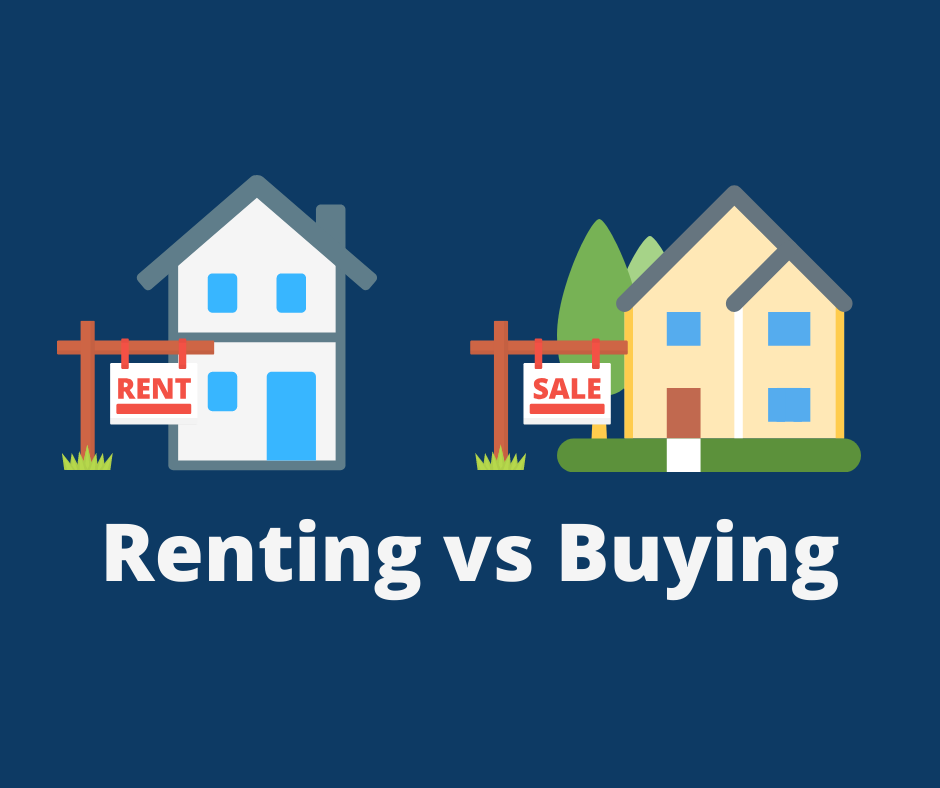Deciding between buying or renting a home is a significant financial and lifestyle choice that often requires thorough consideration. This post delves into the advantages and disadvantages of each option to help you make an informed decision.
Understanding the nuances of homeownership versus tenancy can provide invaluable insights into your long-term financial planning and current lifestyle preferences.
The Financial Implications of Buying and Renting
One of the first considerations in the buying vs. renting debate is the financial aspect. Buying a home involves upfront costs such as a down payment, closing costs, and other expenses related to homeownership. Conversely, renting generally requires a security deposit and the first (and sometimes last) month’s rent upfront, which might be less burdensome financially.
However, homeownership allows individuals to build equity over time, potentially providing a valuable asset for the future. On the other hand, renters can often allocate funds that would have been used for home-related expenses towards other investments.
It’s crucial to consider the long-term costs and benefits associated with both options, including property appreciation, maintenance costs, and the possibility to deduct mortgage interest from your taxes if you buy.
Lifestyle Flexibility and Stability
When contemplating buying vs. renting, think about your lifestyle and how much flexibility or stability you desire. Renting offers more flexibility, allowing you to move without the hassle of selling a property. This can be particularly advantageous for those in transitional life phases or with careers that might require frequent relocation.
Conversely, buying a home provides a sense of stability and permanence. Homeowners can put down roots in a community, personalizing their space without restrictions typically imposed by a lease. This stability can be comforting but comes with the responsibility of maintenance and repair costs.
Responsibilities of Homeownership vs. Renting
Owning a home entails a broad range of responsibilities, from routine maintenance to major repairs, which can be both time-consuming and expensive. These tasks, while often seen as part of the pride of homeownership, can also be a burden for those not ready for these challenges.
Renting, by contrast, places most of the maintenance and repair responsibilities on the landlord, providing a more carefree living situation. However, this also means less control over the property and potential restrictions on how you can use or modify the space.
Investment Potential
For many, buying a home is seen as a significant investment toward their future. The potential for property value appreciation and the creation of equity can have substantial financial benefits in the long run.
Although renting does not offer these same investment opportunities, it does provide the freedom to invest in other ventures that might not require the long-term commitment that property ownership does.
Impact on Lifestyle and Financial Goals
Choosing between buying and renting should also consider how each option aligns with your lifestyle and financial goals. Homeownership might be the right choice for those looking for stability and the opportunity to build equity. On the other hand, renting could be more aligned with individuals seeking flexibility and minimal financial burden from property maintenance.
The Role of Market Conditions
Market conditions play a crucial role in the decision-making process. In a buyer’s market, you might find the cost of purchasing a home more favorable. Conversely, in a seller’s market, renting might be a more cost-effective short-term solution.
It’s essential to evaluate the current housing market in your area and consider how it aligns with your personal and financial situation before making a decision.
In conclusion, the choice between buying and renting a home requires careful consideration of one’s financial situation, lifestyle preferences, and long-term goals. By understanding the benefits and drawbacks of each option, you can make a decision that aligns with your personal and financial objectives, providing a foundation for your future.


